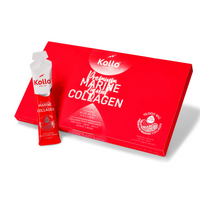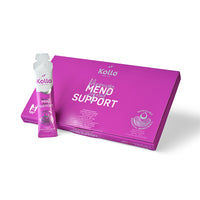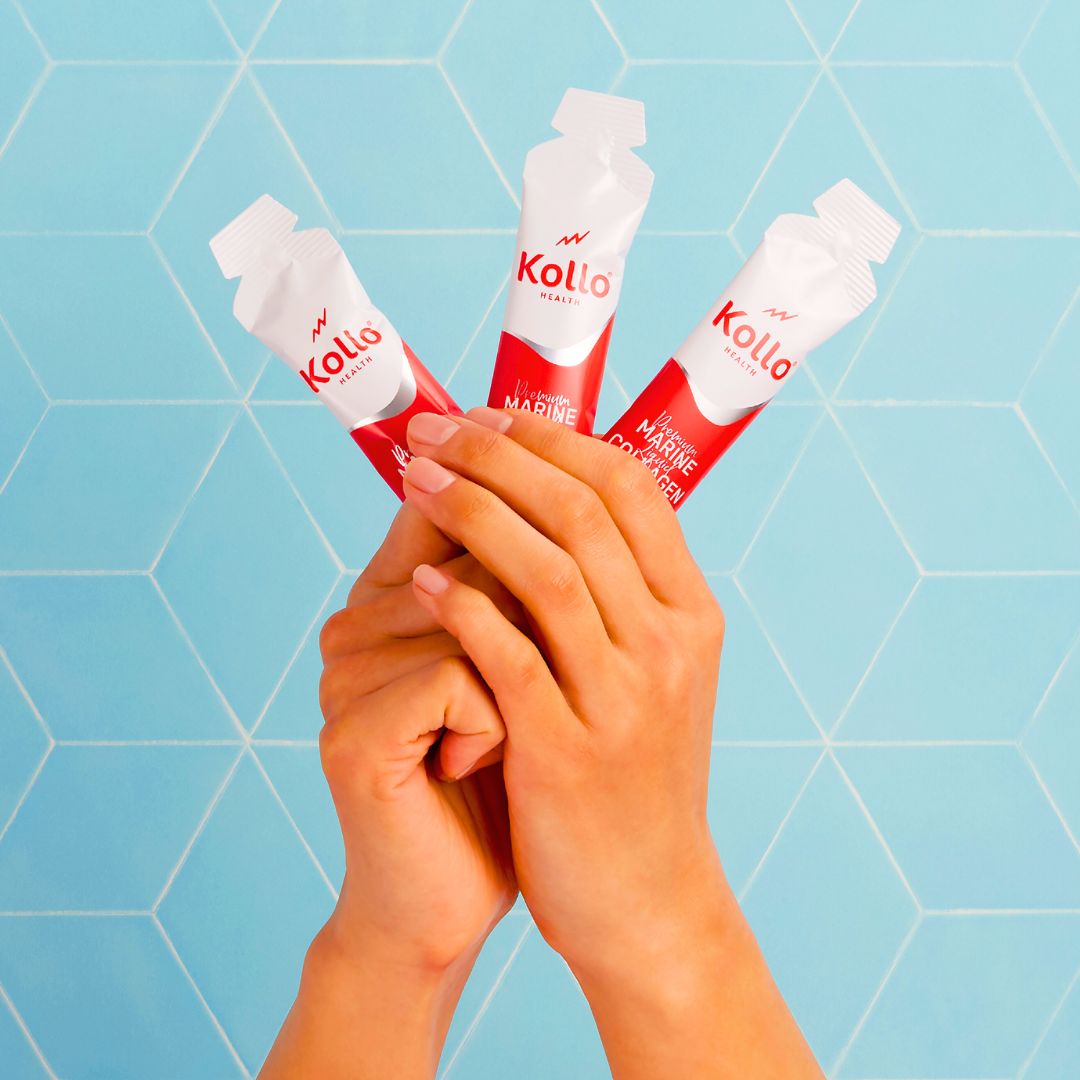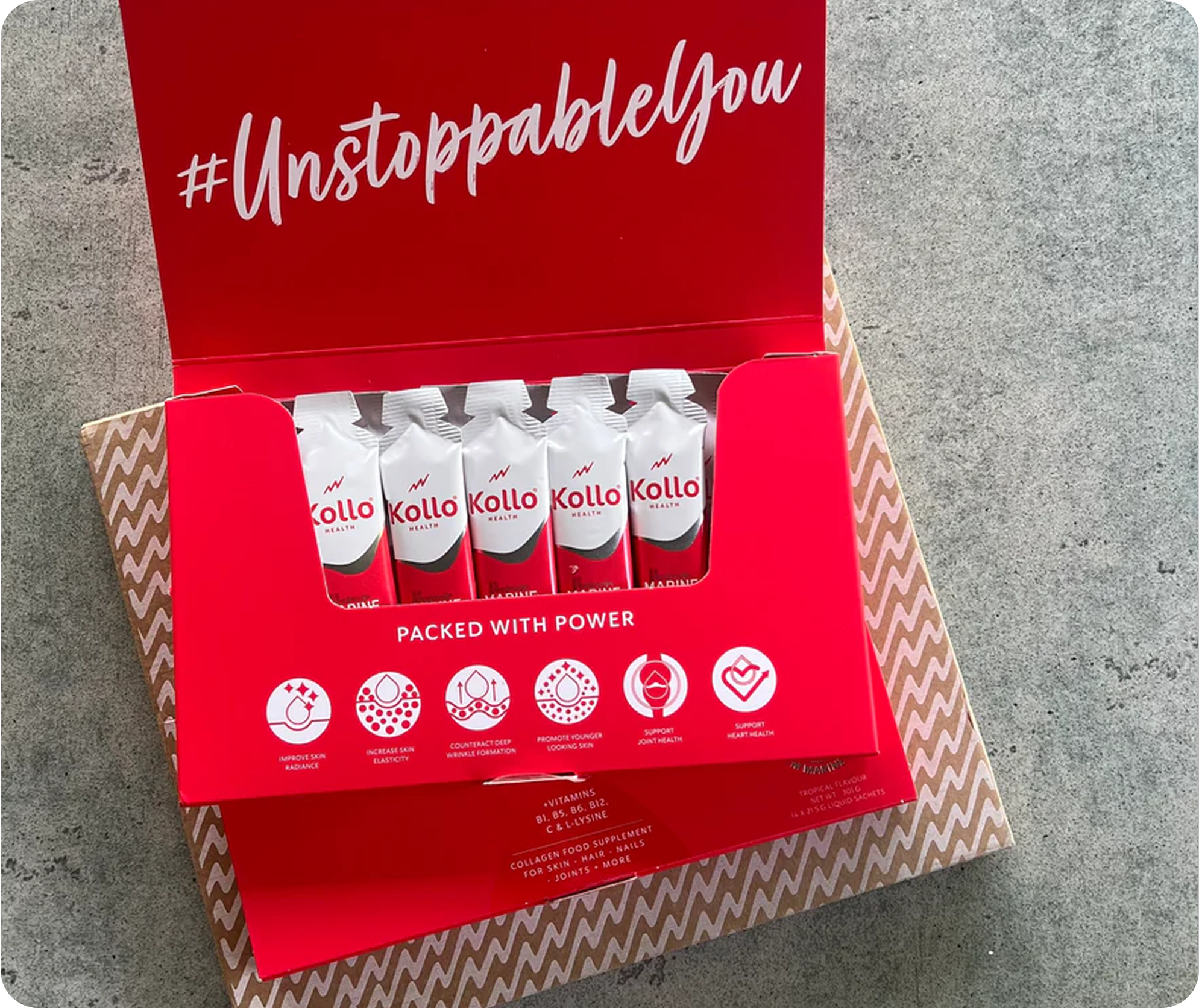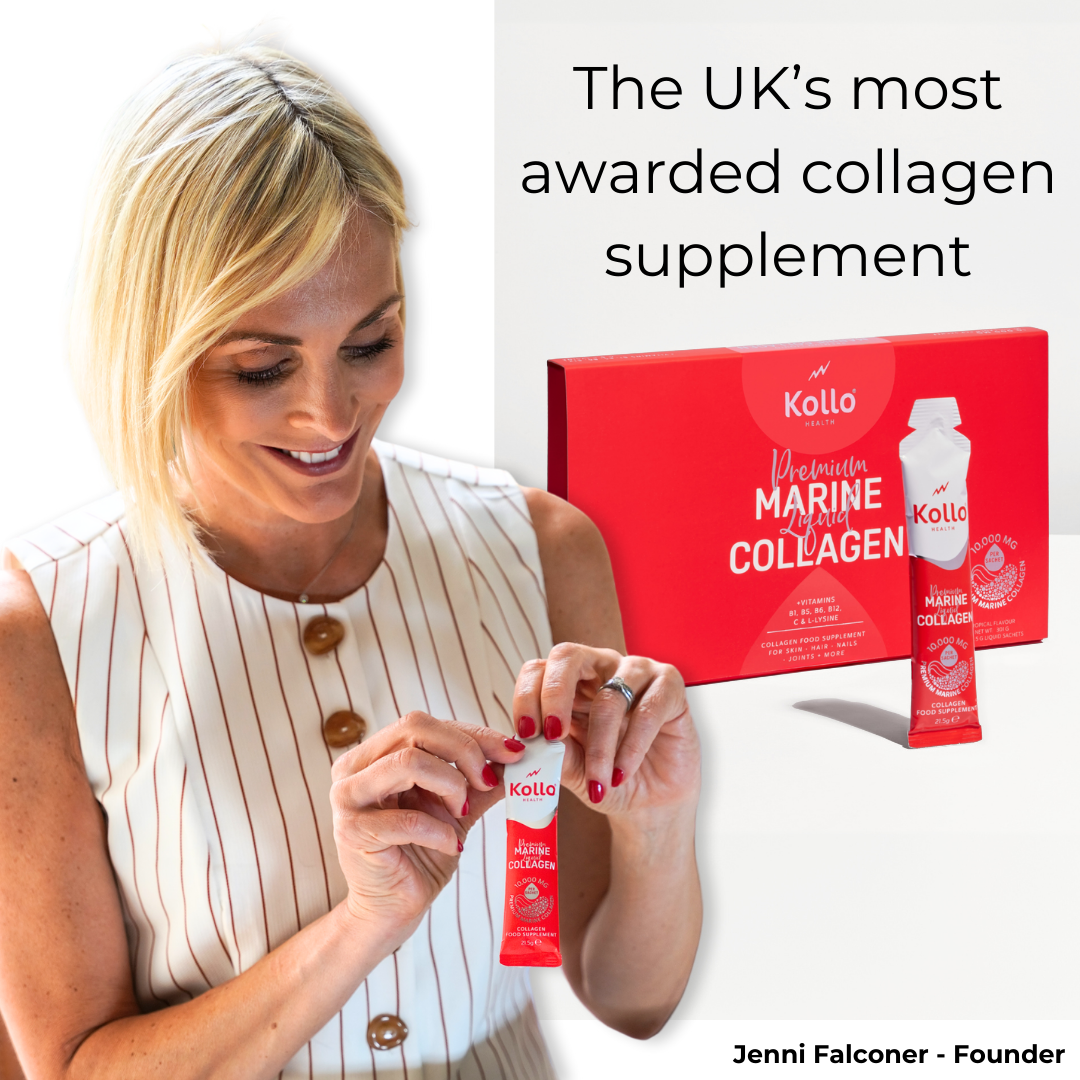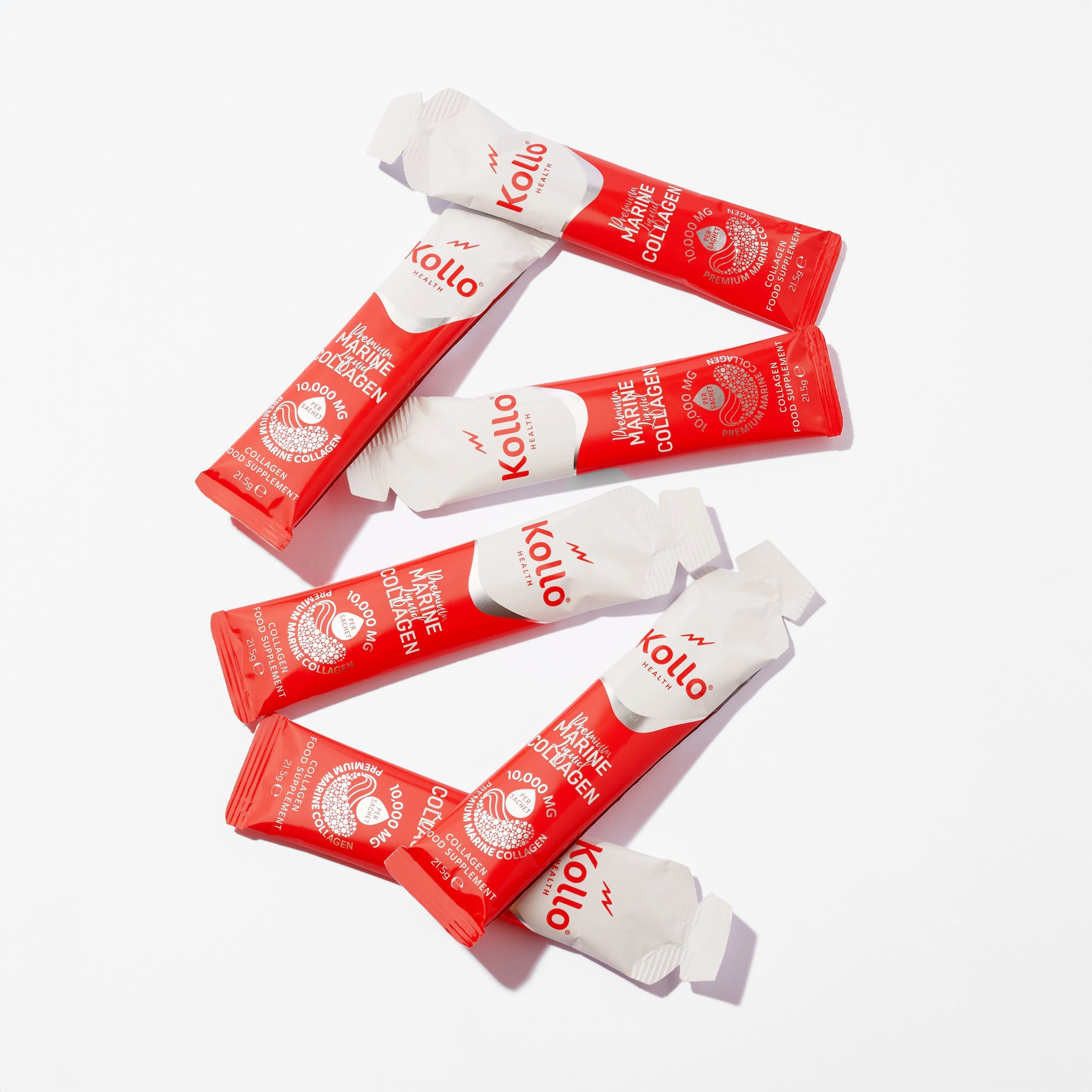The best collagen for joints UK buyers will find

The best collagen for joints UK buyers will find
Collagen is a key component of our joints. When that all-important protein diminishes, we experience damage, inflammation and discomfort in our joints. When we use the best collagen for joints UK brands supply, it has a healing impact on the joints and reduces that discomfort. Collagen is actually one of the main structural proteins in the body and serves as a fundamental component of connective tissues in:
• Tendons
• Ligaments
• Cartilage
• Skin
• Bones
• Muscles
Our bodies primarily use Type I collagen – around 90% of all the collagen in our bodies is this type. If you engage in activities that put a lot of strain on your joints, or you suffer from age-related stiffness and pain in the joints, collagen supplementation could help.
What are the benefits of the best collagen for joints UK?
Collagen is linked with a number of health-promoting and medicinal benefits. There are varying amounts of scientific evidence for these, but the following are known to be strong benefits of taking collagen.
It strengthens joints and bones
There is a wealth of research into how collagen affects the joints. Firstly, it increases the integrity of cartilage, which is an elastic structure that provides cushioning for joints. Cartilage decrease can happen with age or with wear and tear, and it has been linked with osteoarthritis. If you take a collagen supplement, you can reduce the symptoms of an existing cartilage deterioration and reduce joint pain. The research shows that benefits of the best collagen for joints UK buyers can take will be felt within 3-6 months of starting a daily intake of collagen.
Bones can also be strengthened by collagen, as it actually makes up around 80% of the structure of your bones. By taking a high-quality supplement each day, you could start seeing benefits to your bone density after around 3 months, reducing the risk of osteoporosis, osteomalacia and bone fractures.
It promotes healthy arteries
Collagen is actually a key component of our blood vessels. As collagen levels decline, arteries become weaker and prone to atherosclerosis, wherein they become clogged up with fatty lamina. This increases our risk of heart attack and stroke. Daily supplementation can bring about improvements in the health of the arteries and blood vessels in around 6 months.
It improves skin health and reduces wrinkles
Collagen is fundamental to skin health. As our natural collagen levels decrease with age, our skin becomes dehydrated, loses elasticity and develops fine lines and wrinkles. Collagen supplementation can slow the process of skin ageing, improving the overall hydration of the dermis and giving your skin greater elasticity whilst eliminating those pesky wrinkles. If you start taking a high grade collagen supplement regularly, you could experience these benefits in as little as 2-3 months.
How does the best collagen for joints UK help with joint issues?
Collagen molecules are very large, so any collagen you take from food or even supplements cannot be simply moved into place in the joints, skin or anywhere else. Just like all other nutrients, the collagen peptides in your supplement are absorbed into the digestive tract to free the amino acids locked within. With a highly bioavailable collagen supplement, the process of absorbing these nutrients is fast and easy on the body, and they will supply an abundance of the amino acids that are needed for your body to synthesise its own collagen.
Essentially, the collagen peptides from your supplement provide the fuel your body needs for collagen synthesis. This will stimulate the production of new collagen even for people of a more advanced age, whose natural collagen synthesis has declined substantially. This new collagen will then provide strength and structure to the tissues where it is needed most – your skin, tendons, ligaments, cartilage and more. In turn, this facilitates the repair of damaged and inflamed tissues and returns some of their youthful lustre, so your joints become more supple and less painful as your skin regains some of its elasticity and glow.
How to find the best collagen for joints UK suppliers sell
Simply put, the best collagen is the one that works. One of the key considerations for the effectiveness of collagen supplementation is the dosage of collagen peptides you get from it. Currently, there are no official recommendations for your daily collagen dose, but scientific studies have shown that in order to get the benefits for your joints, you need to take in 8-12 grams per day. The simplest way to get this quantity of daily collagen is by taking Kollo, as each sachet contains 10 grams of high grade, potent marine collagen.
One of the great things about Kollo is that it is enriched with other nutrients that are known to boost our natural collagen synthesis capabilities. Things like vitamin C and various B vitamins act to stimulate the mechanisms that facilitate collagen production, so that daily supply of amino acids will be put to use to create the collagen your body craves. If you want to get maximum benefits for your joints, you could try combining it with supplements containing glucosamine and chondroitin, but the collagen itself is the most important factor.
Scientific publications have highlighted natural marine collagen, extracted from the skin and scales of fish, as the most powerful. This is what goes into every sachet of Kollo. The amino acid chains are a very close match for the collagen in our bodies, and the bioavailability and digestibility are superior to other collagen sources. It is very important that you choose a product that provides hydrolysed collagen (or collagen peptides) because this is far easier and more efficient for your body to absorb.
Is it necessary to take collagen supplements?
While collagen supplementation is not ‘necessary’ by definition, it can always be helpful for virtually anyone. The people that are likely to get the most benefit from it are people over 50, as their collagen levels will have declined the most and they are most at risk of joint issues like mechanical damage, inflammation and conditions like arthritis. It’s important to realise that bone density also declines with age, so you can decrease your risk of fractures and osteoporosis by taking a good collagen supplement.
If you suffer from issues like joint or bone pain, or if you undertake regular strenuous physical activity, collagen supplementation is strongly recommended to maintain the health of your body.
Collagen supplements are superior to trying to get collagen from your diet because the collagen peptides contain all the necessary amino acids and are optimised for absorption into the body. What’s more, collagen is primarily found in the skin and connective tissues of animals, and these are not usually the parts we eat as meat. You can get collagen from bone broth and gelatin, but few people eat these regularly. Collagen supplements generally get their collagen from the discarded animal parts from the meat industry, and they provide it in the dosage suggested by scientific studies to ensure you are getting exactly what you need.
Why athletes should be taking the best collagen for joints UK
Because of the immense strain they put on their bodies, athletes are most at risk of joint damage. Their connective tissues are placed under high biomechanical loads and regularly undertake non-physiological movements like sudden stops and changes of direction. This overuses the tendons, ligaments and cartilage, which can lead to ongoing degradation and damage to those important tissues.
Collagen is recommended for athletes, but it is important to take a supplement that is Informed Sport Certified so that you can be confident you are not breaching any anti-doping regulations. Kollo has this elusive certification, so you can take it with peace of mind whilst you train and compete to look after your joints and muscles whilst boosting energy levels and improving the appearance of your skin.
Studies have shown that a daily dose of 5-10 grams of collagen can support the health of your joints whilst undergoing intense physical training. Remember, this is an ongoing thing, so if you start to feel benefits within 3-6 months then you should continue taking the supplement to ensure the damage does not return.
Choose Kollo
If you are looking for the best collagen for joints, UK stockist supply, look no further than Kollo. Our liquid collagen sachets can be simply added to water for quick daily consumption and deliver 10 grams of high-grade Type I marine collagen peptides. Highly bioavailable and supported by a range of complementary nutrients known to help stimulate collagen production, you will reap maximum benefit as quickly as possible when you choose Kollo. There is a wealth of scientific evidence to support the effectiveness of our product so you can rest assured it will deliver the benefits to your joints that you need.
If you would like to learn more, read more from our blog or get in touch to speak to our team.
